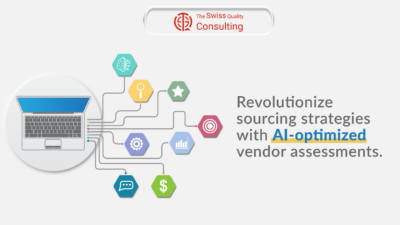Transforming Education Through AI-Driven Grading and Assessments
The Benefits of AI in Grading and Assessments
The implementation of AI in grading and assessments offers a myriad of benefits for educators, students, and educational institutions alike. Firstly, AI streamlines the grading process by automating routine tasks such as scoring multiple-choice questions, grading essays, and providing feedback on assignments. This automation not only saves time for educators but also ensures consistency and objectivity in assessment practices. Additionally, AI-powered grading systems have the capacity to analyze large volumes of student data, providing valuable insights into learning trends, areas of improvement, and personalized feedback for individual students.
Moreover, AI enhances the efficiency and effectiveness of assessments by enabling adaptive and personalized learning experiences. By leveraging machine learning algorithms, AI systems can adapt to each student’s learning pace, preferences, and abilities, tailoring assessments to their specific needs. This personalized approach not only fosters student engagement and motivation but also facilitates mastery of key concepts and skills. Furthermore, AI-driven assessments provide educators with actionable data that can inform instructional decisions, curriculum development, and intervention strategies, ultimately leading to improved learning outcomes.
Advancements in Educational Technology
In the ever-evolving landscape of education, the integration of technology has become paramount in driving innovation and efficiency. One area where technological advancements, particularly Artificial Intelligence (AI), are making significant strides is in grading and assessments. Traditional methods of grading and assessing student performance often involve manual processes that are time-consuming and prone to human error. However, with the advent of AI-powered grading systems, educators in Saudi Arabia and the UAE are experiencing a paradigm shift in how they evaluate student work and provide feedback.
Implications for Education and Beyond
The integration of AI in grading and assessments has far-reaching implications for education and beyond. In Saudi Arabia and the UAE, where education is a top priority for national development, leveraging AI technologies can lead to enhanced educational quality, equity, and accessibility. By automating routine tasks and providing actionable insights, AI empowers educators to focus on what matters most: facilitating meaningful learning experiences and nurturing students’ intellectual growth.
Furthermore, the adoption of AI in grading and assessments aligns with the broader goals of educational transformation and workforce readiness. As the world becomes increasingly digitized and automated, students must develop critical thinking, problem-solving, and analytical skills to thrive in the 21st-century workforce. AI-driven assessments not only measure students’ academic proficiency but also their ability to think creatively, communicate effectively, and adapt to complex challenges.
In conclusion, AI is poised to revolutionize grading and assessments, transforming education in Saudi Arabia and the UAE and beyond. By harnessing the power of AI technologies, educators can streamline the grading process, personalize learning experiences, and unlock new insights into student performance. As AI continues to evolve, its role in education will undoubtedly expand, paving the way for a more innovative, inclusive, and impactful learning environment for all.
Optimizing Education with AI-Driven Grading
The integration of AI-driven grading systems not only enhances the efficiency and accuracy of assessments but also opens doors to new possibilities in education. By leveraging machine learning algorithms, these systems can analyze student responses in real-time, providing instant feedback and personalized recommendations for further study. This immediate feedback loop empowers students to take ownership of their learning journey, identify areas for improvement, and track their progress over time. Additionally, AI-driven grading systems can adapt to the evolving needs of educators and learners, incorporating new assessment strategies, learning objectives, and curriculum standards as they emerge. As such, AI-driven grading holds the potential to revolutionize education, making it more responsive, adaptive, and effective in meeting the diverse needs of students in Saudi Arabia, the UAE, and beyond.
#AIGrading #Assessments #EducationTechnology #SaudiArabia #UAE #EdTech #DigitalTransformation #StudentSuccess























